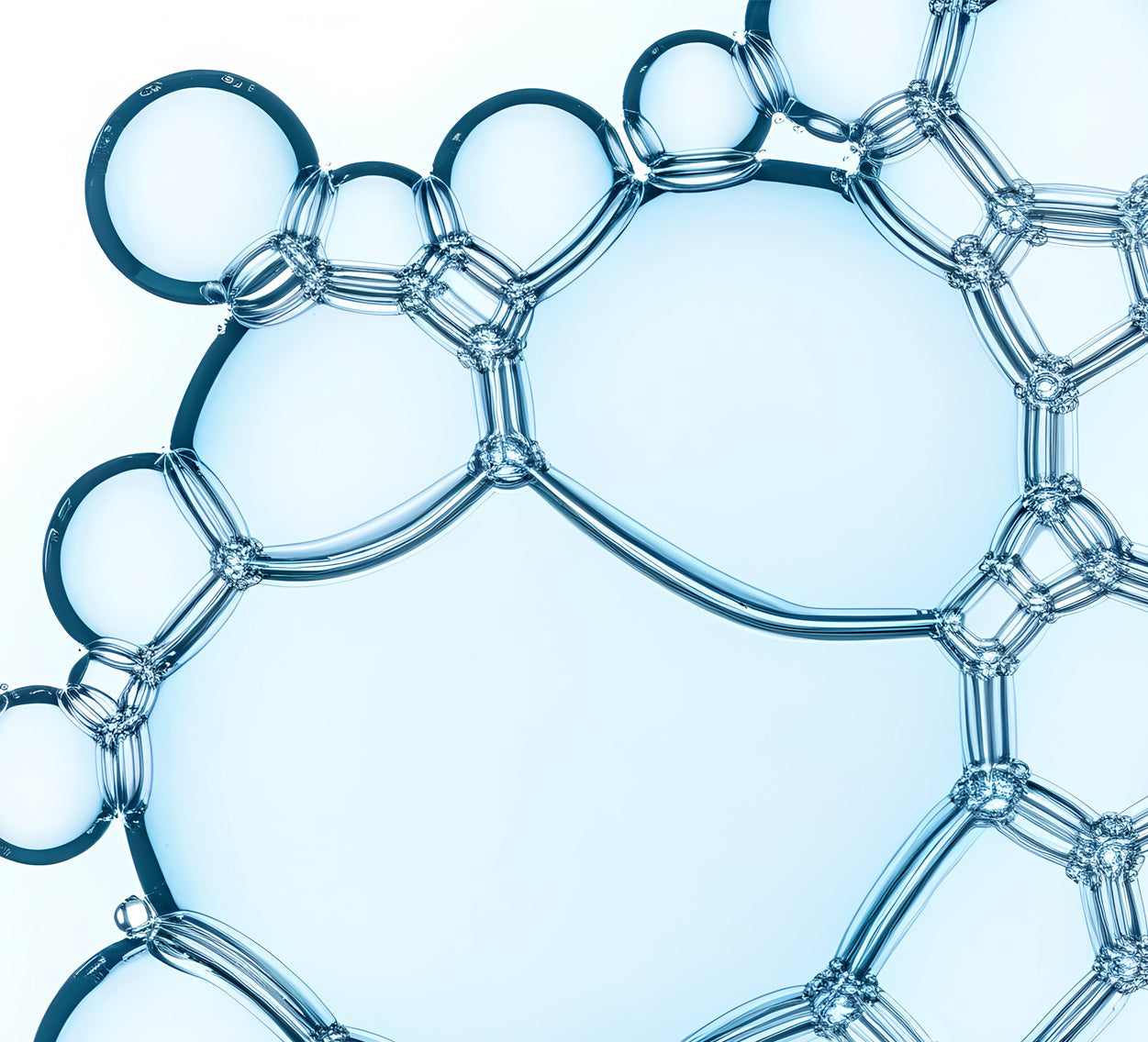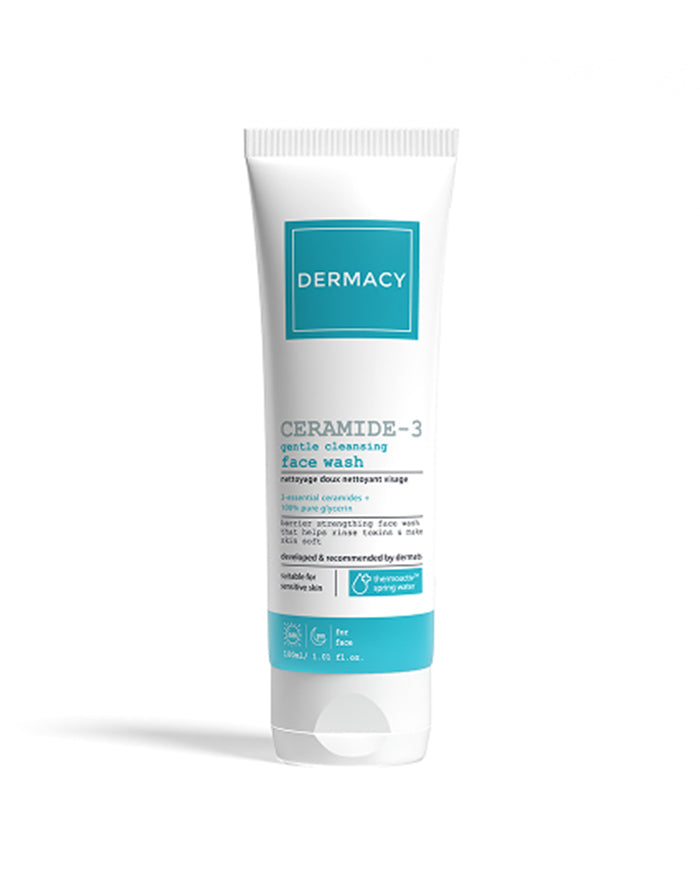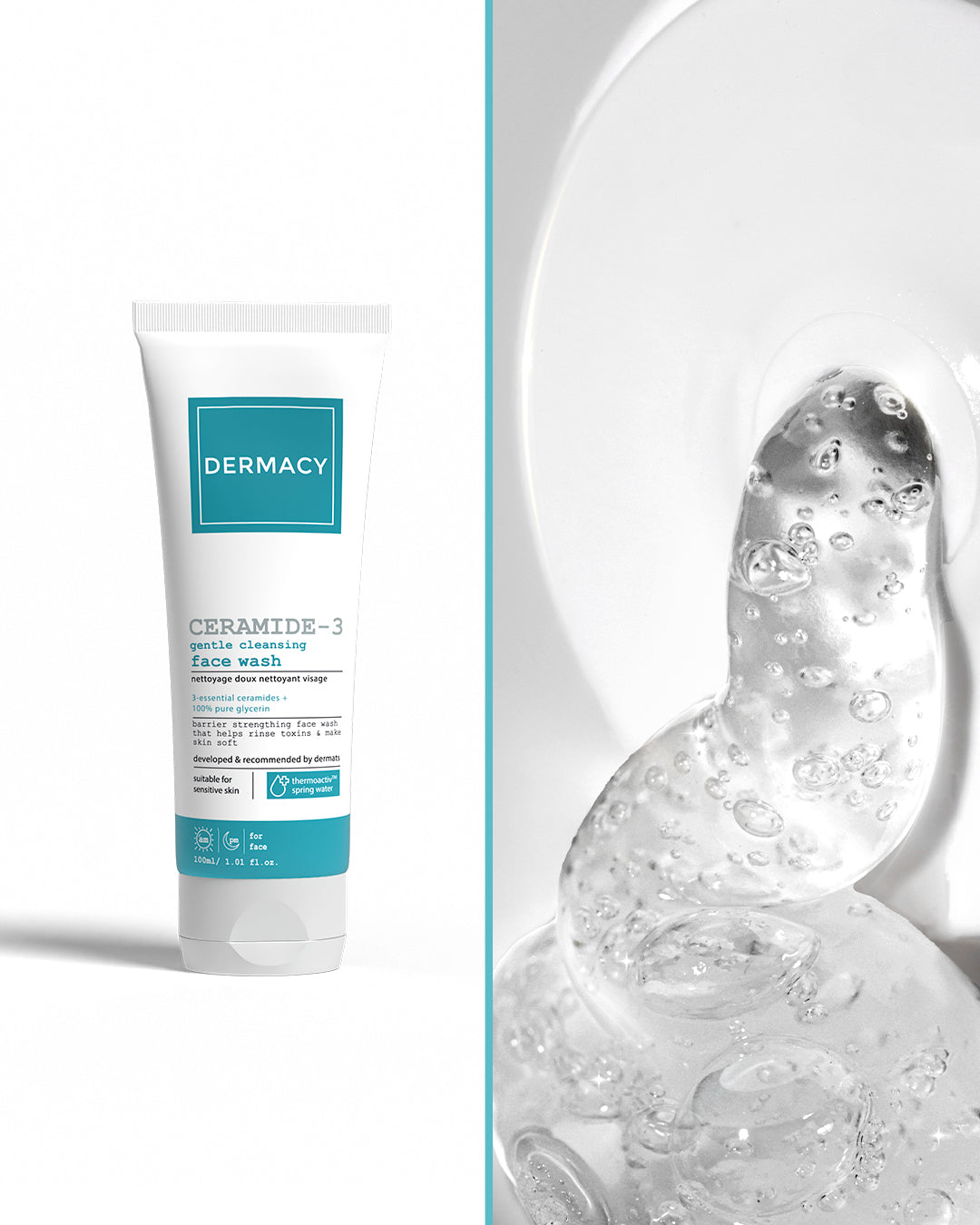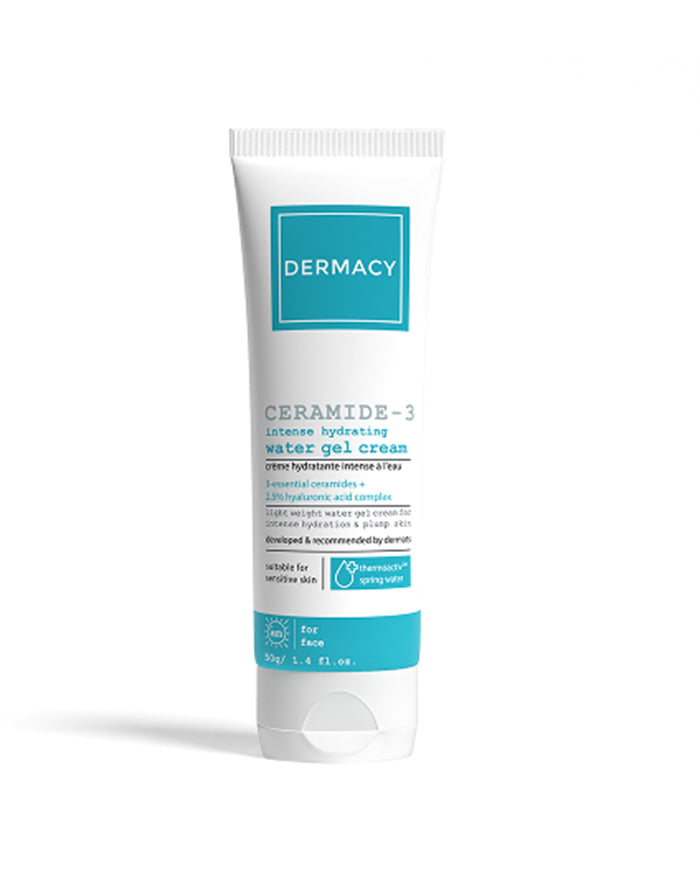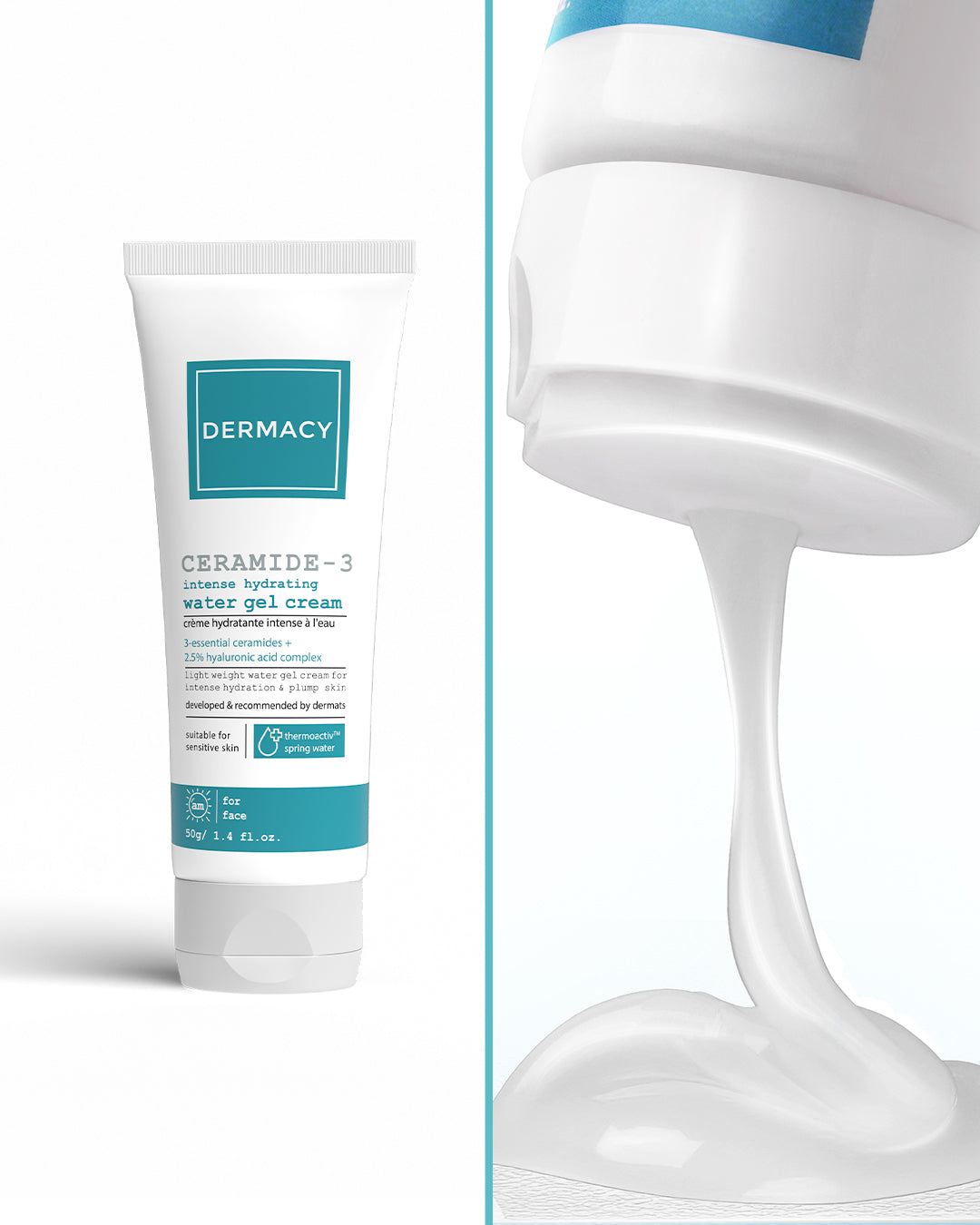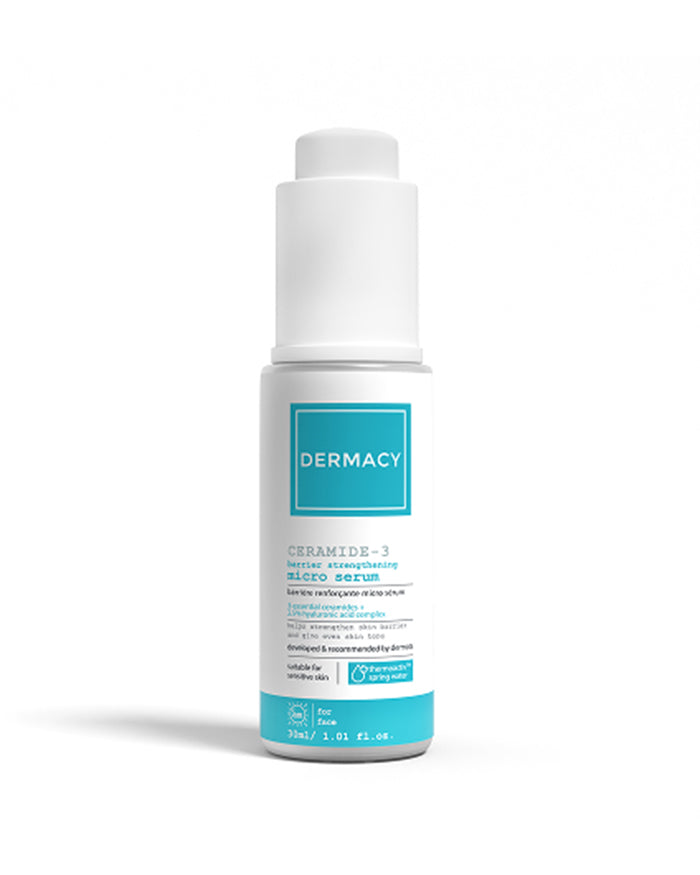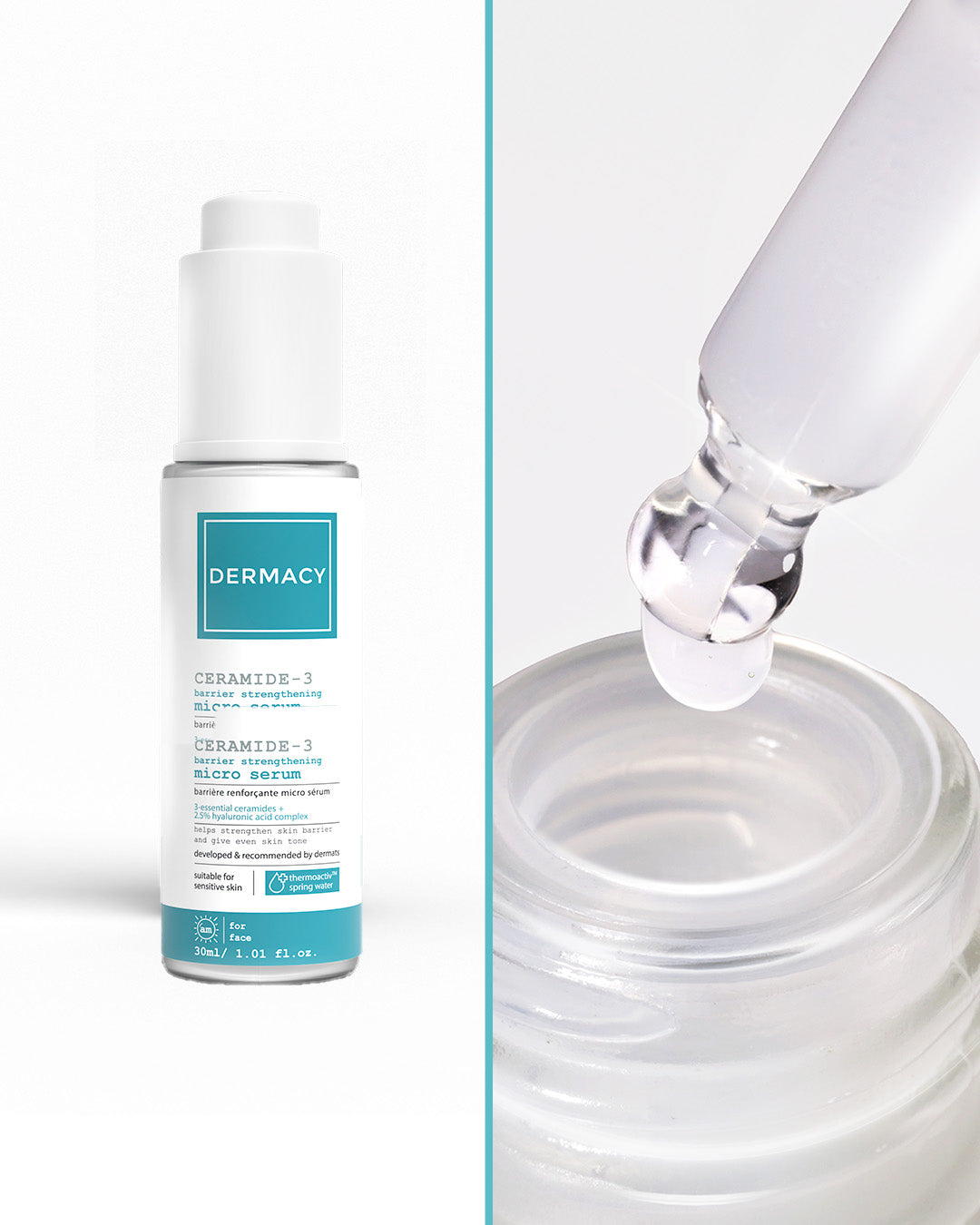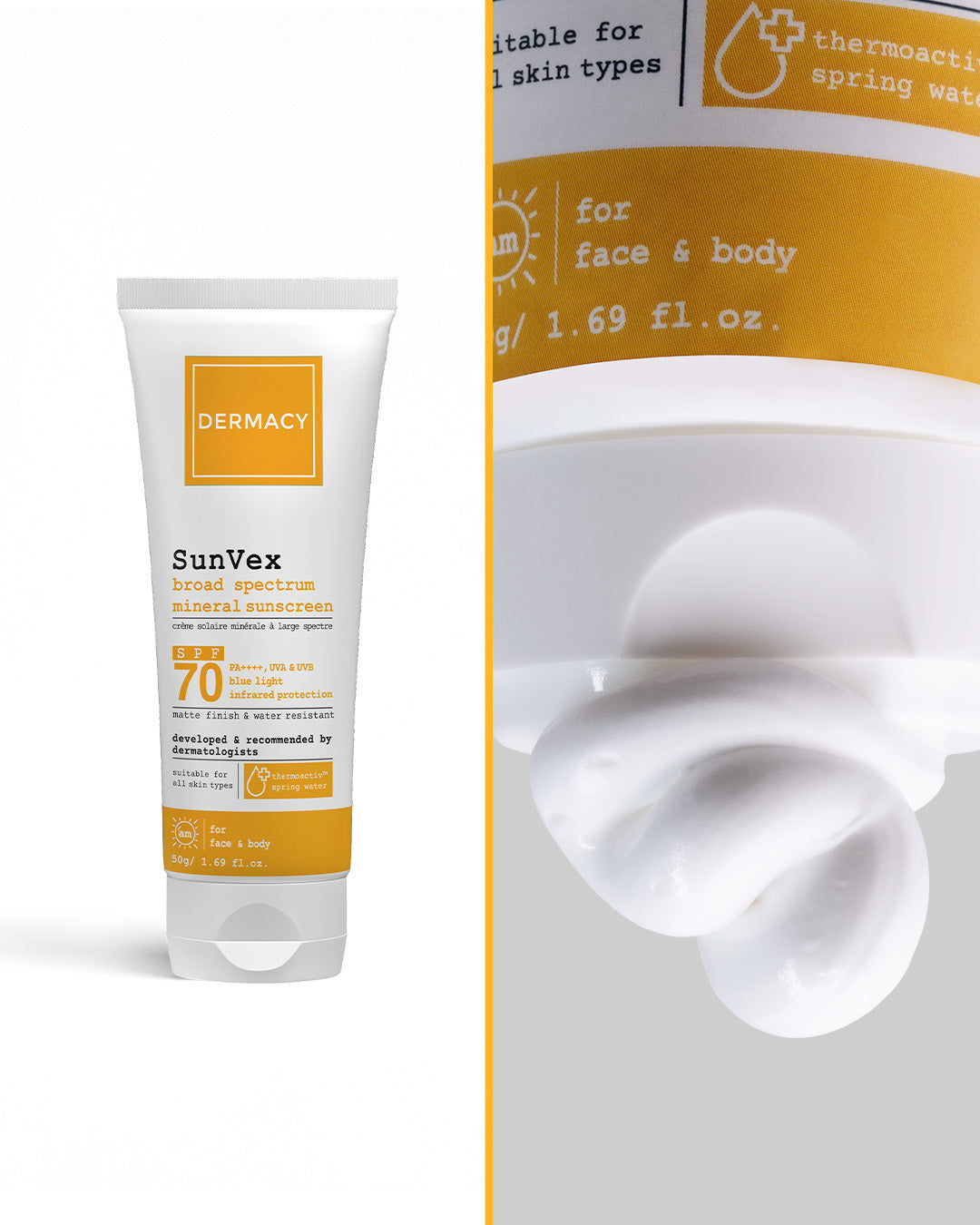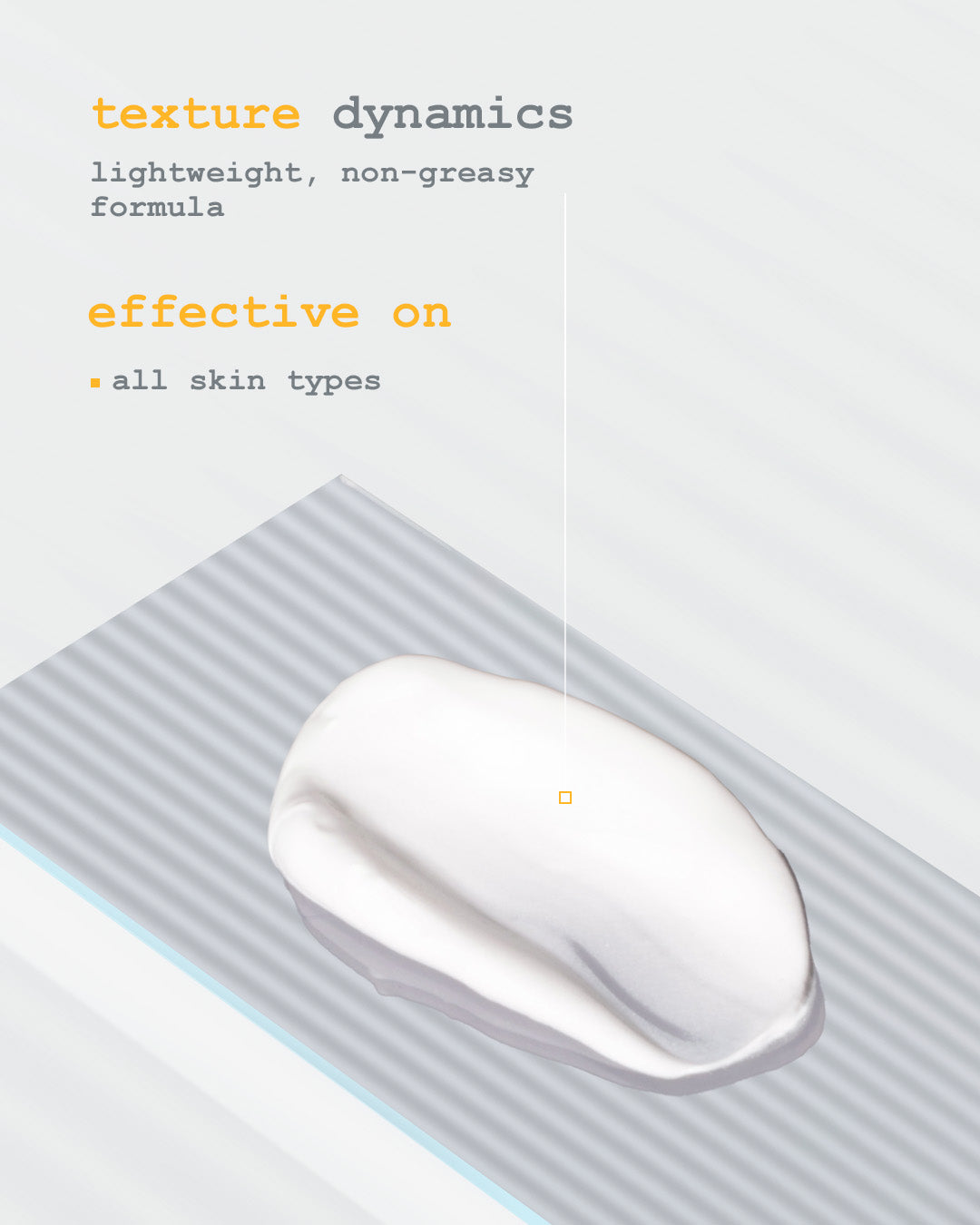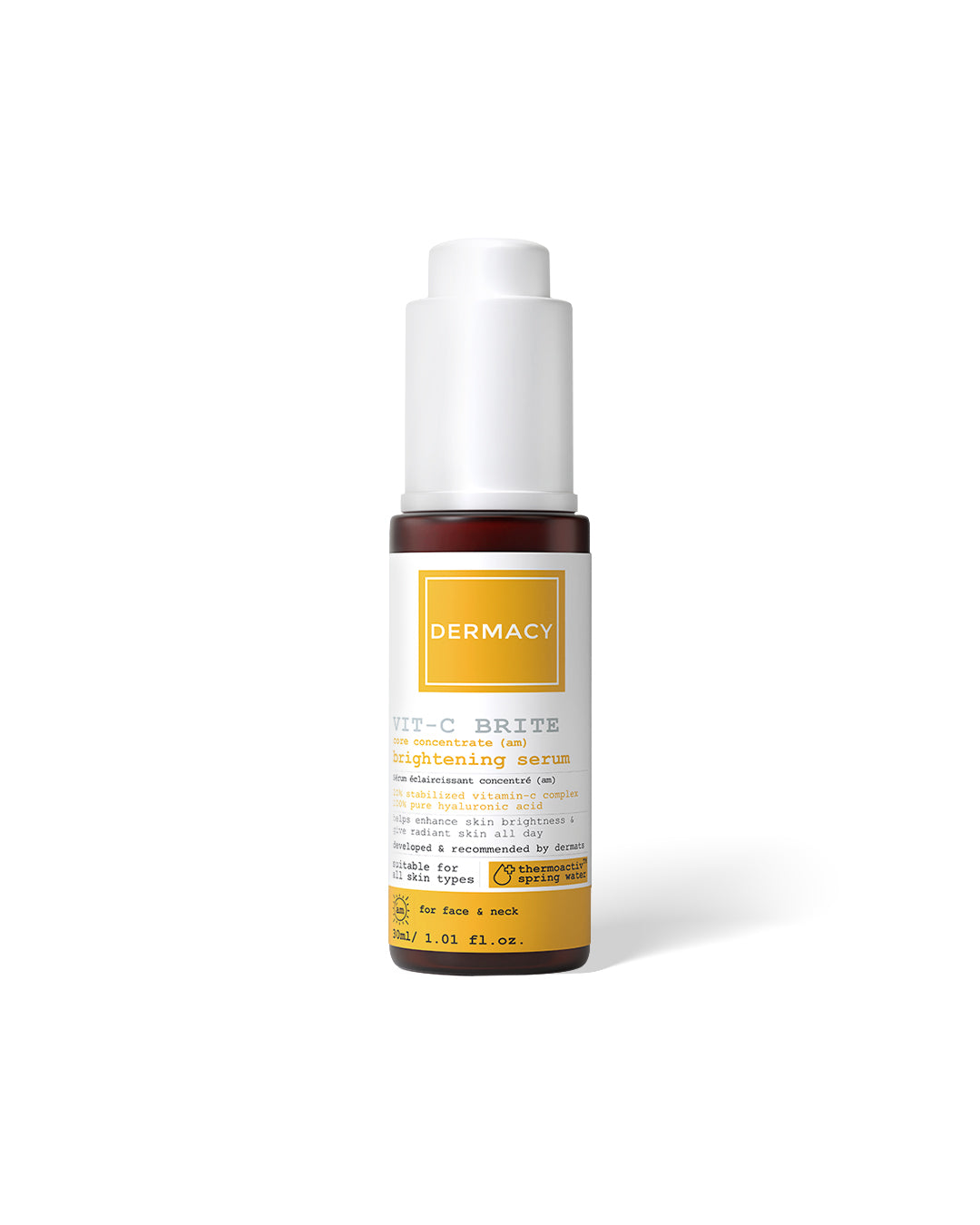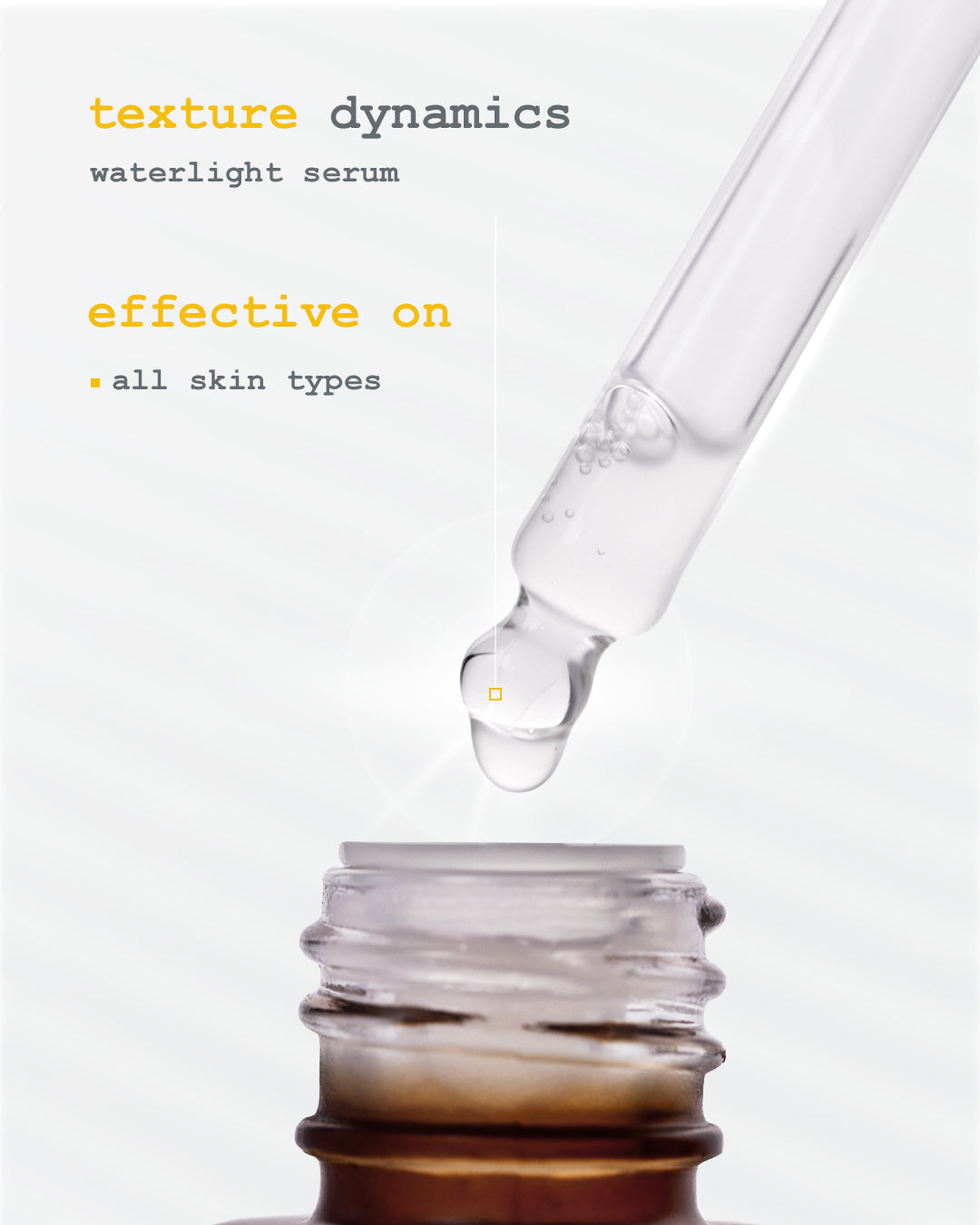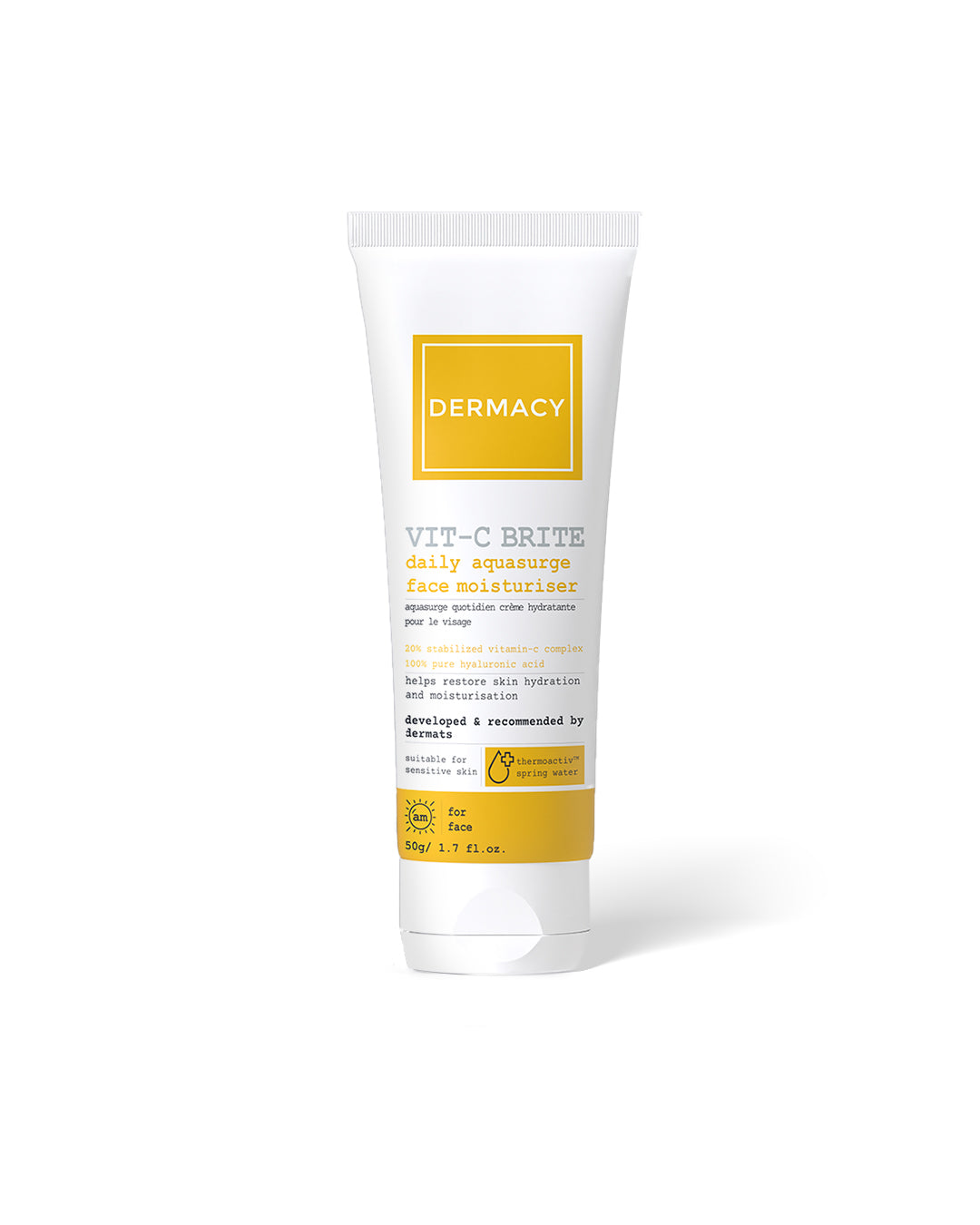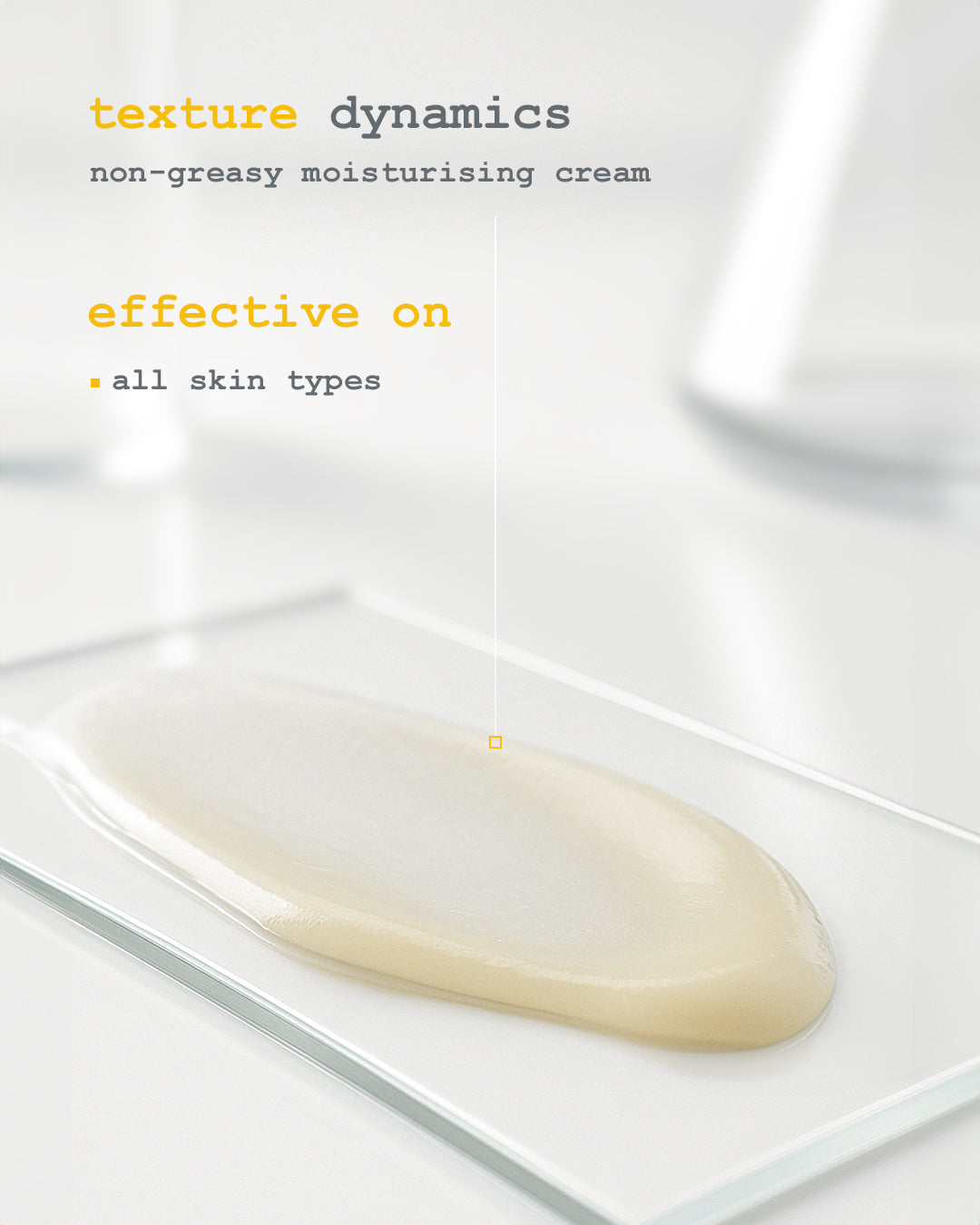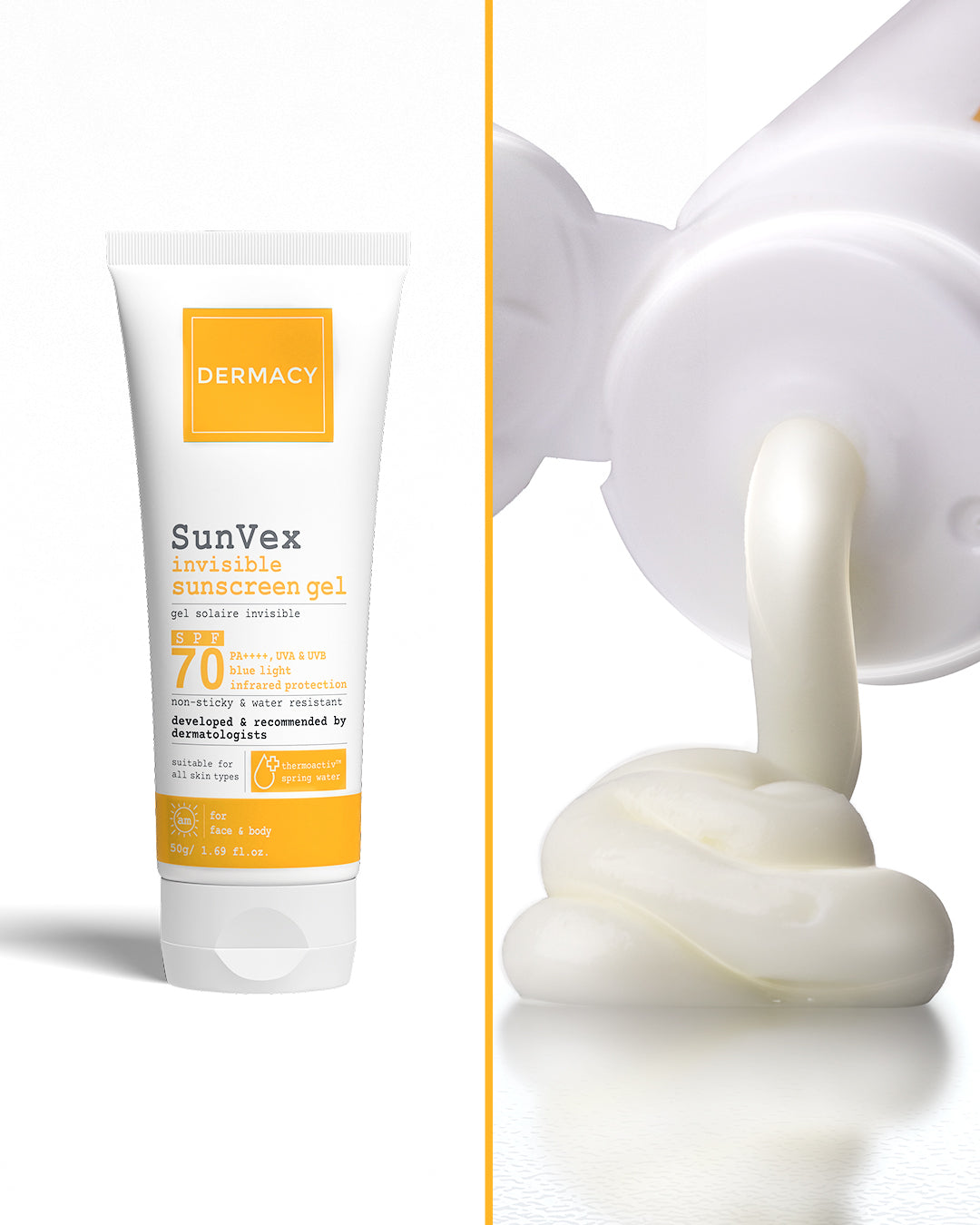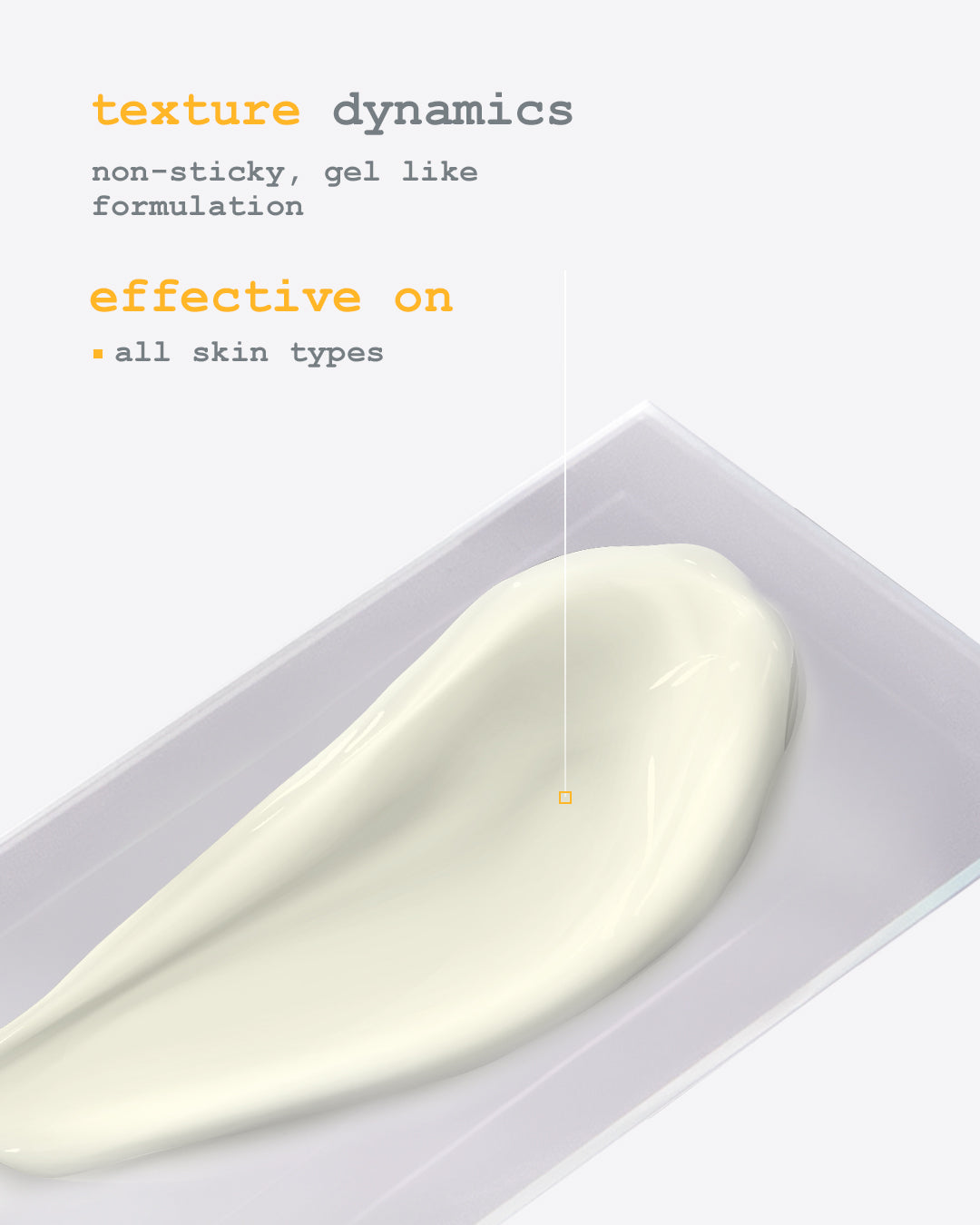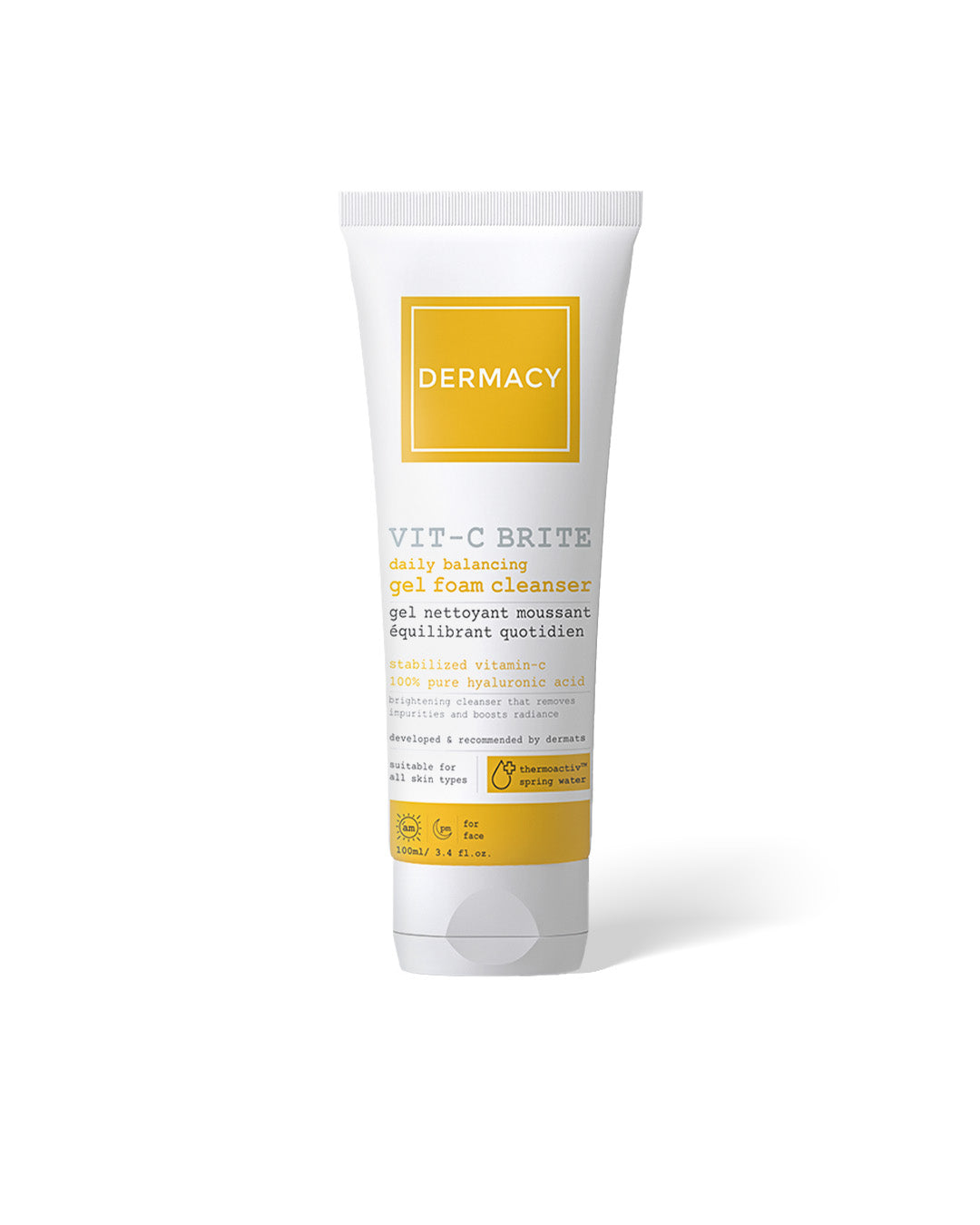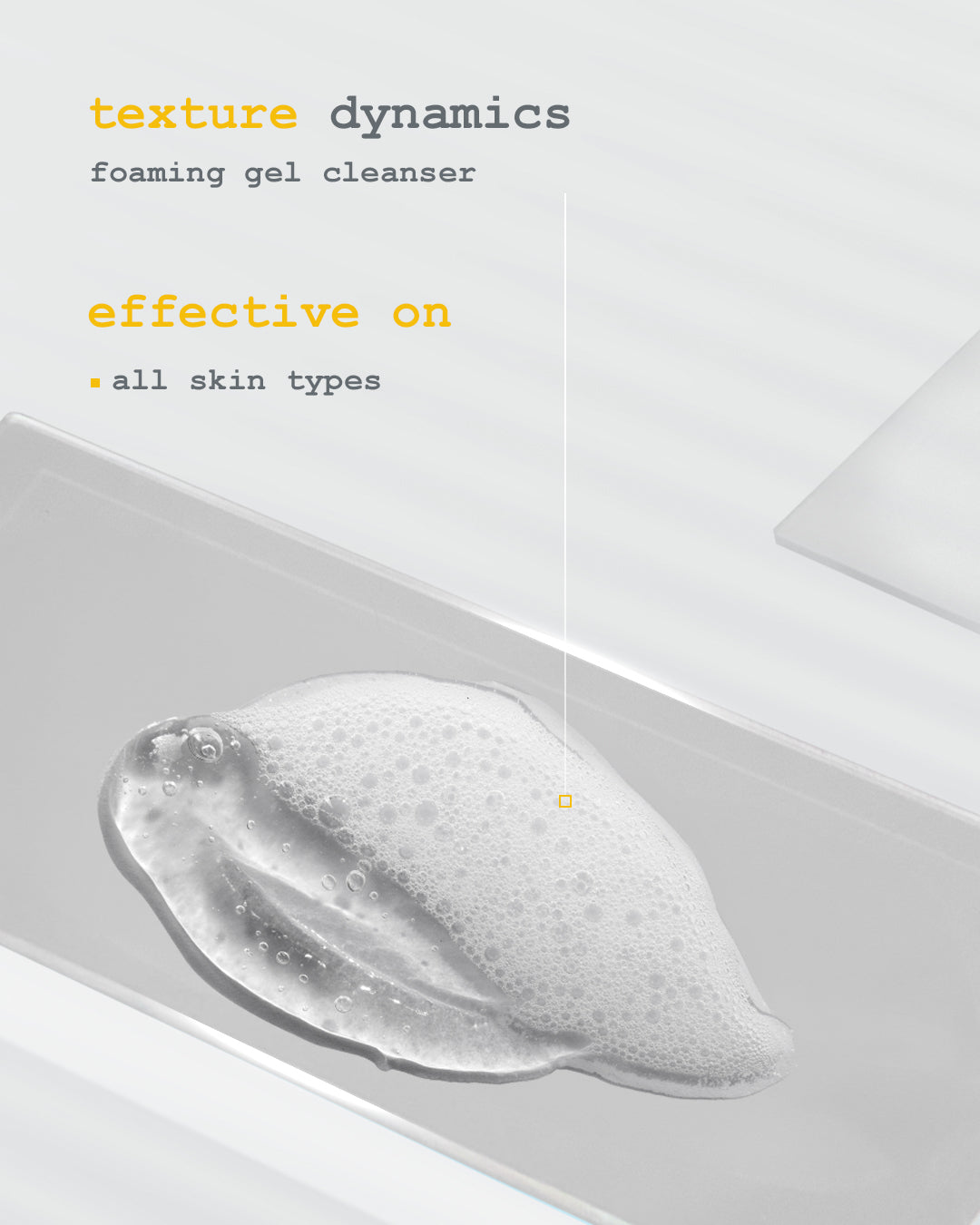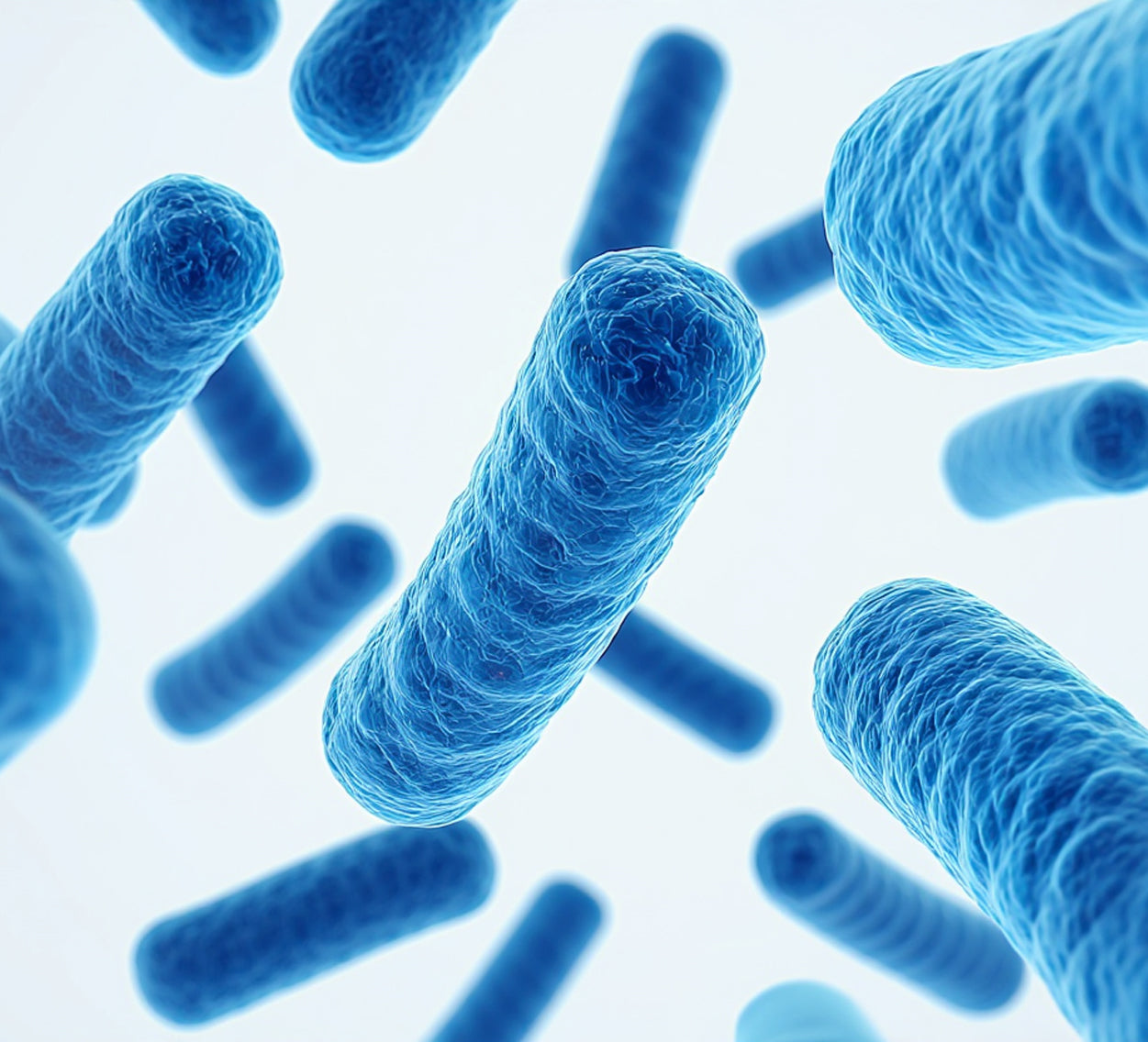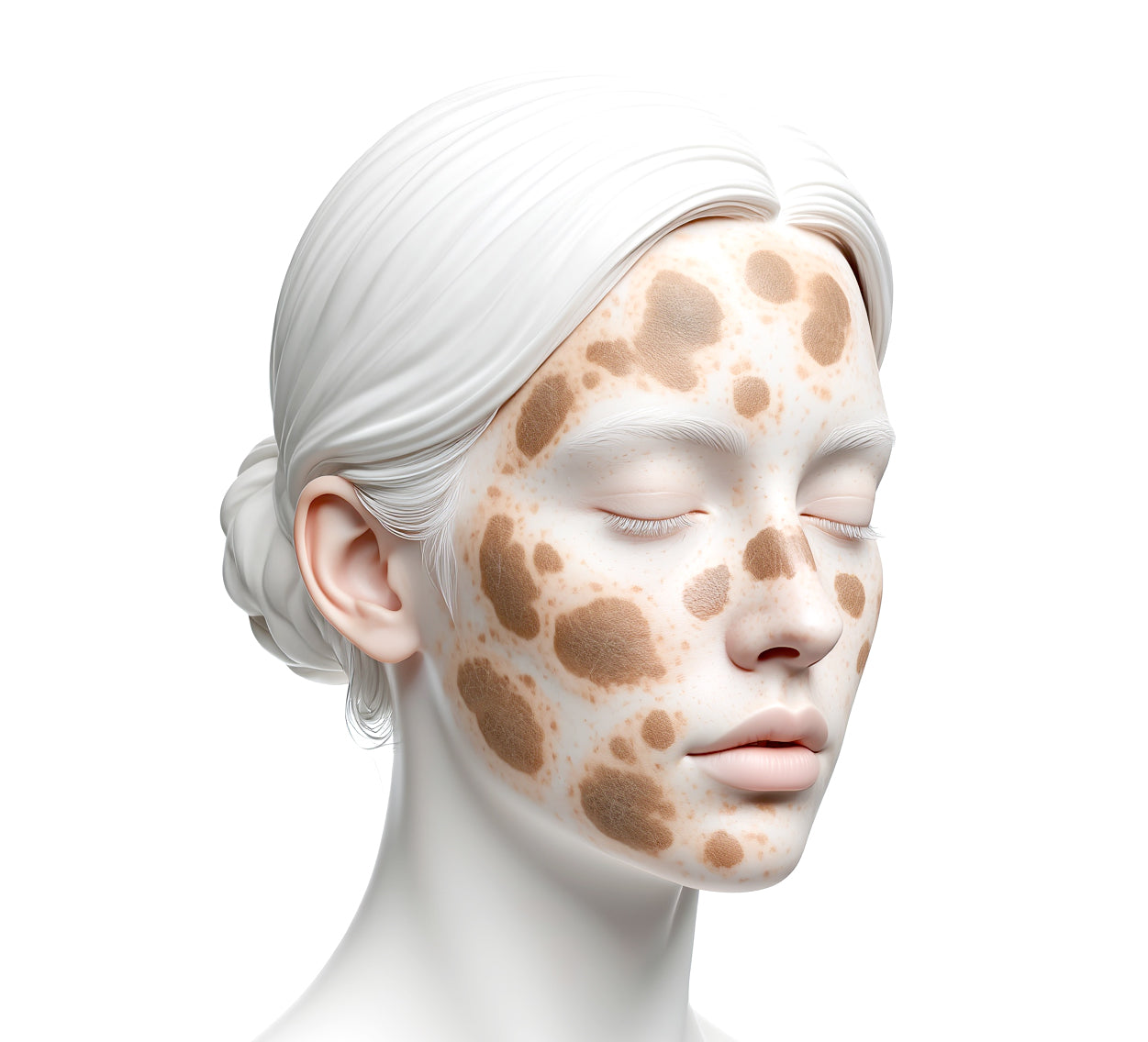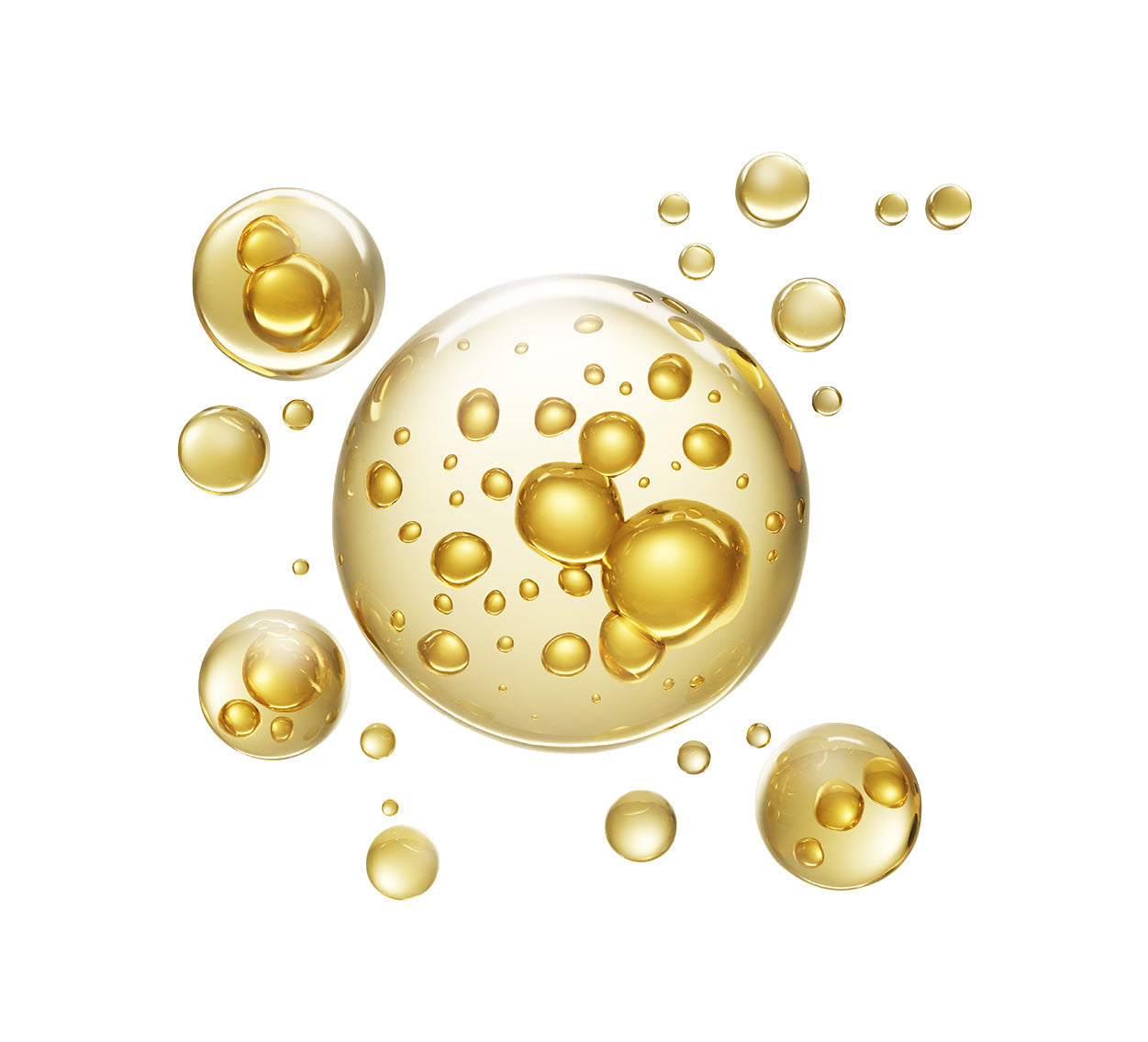Collagen: The Structural Protein Behind Skin Strength and Resilience
What Causes Collagen Loss?
Collagen production naturally declines by approximately 1% per year starting in the mid-20s. Factors that accelerate this process include:
- UV radiation *blog backlink on UV Rays* – Damages collagen fibers and inhibits new synthesis
- Glycation – Sugar molecules bind to collagen, reducing elasticity
- Oxidative stress *blog backlink on Oxidative Stress* – Free radicals fragment collagen structure
- Inflammation – Chronic inflammation weakens fibroblast activity
- Hormonal shifts – Estrogen decline decreases collagen density
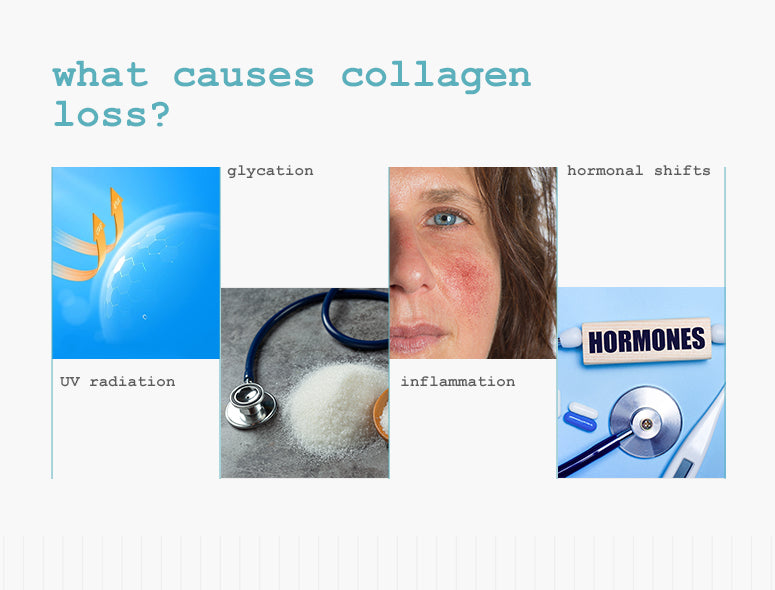
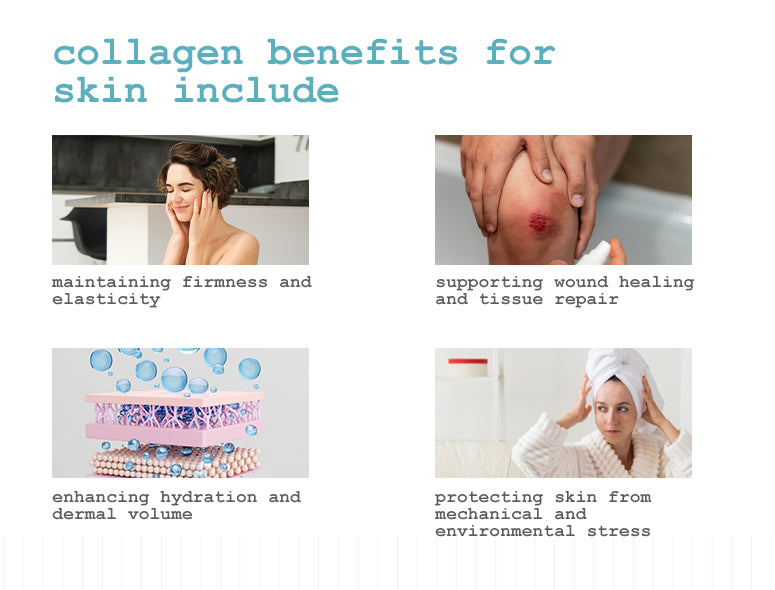
What is Collagen?
Collagen is synthesized by dermal fibroblasts and forms tightly packed fibers that give skin its strength and flexibility. Of the 28 identified types, Types I and III are most relevant to skin health.
Collagen benefits for skin include:
- Maintaining firmness and elasticity
- Supporting wound healing and tissue repair
- Enhancing hydration and dermal volume
- Protecting skin from mechanical and environmental stress
✔ Structural Integrity – Collagen provides foundational support to the dermis, preventing sagging and deformation
✔ Elasticity & Turgor – It works in tandem with elastin and hyaluronic acid to keep skin supple and plump
✔ Wound Healing – Collagen is essential for fibroblast migration and tissue regeneration
✔ Barrier Resilience – A healthy collagen matrix supports skin thickness and protects from environmental insults
✔ Anti-Aging Defense – Loss of collagen in skin leads to visible wrinkles and laxity.
Supporting Collagen Through Skincare
While collagen itself is too large to penetrate skin topically, targeted actives can help stimulate production and prevent degradation:
1.Antioxidants *Insert blog backlink on ANTIOXIDANTS*
Vitamin C, resveratrol, and ferulic acid support collagen formation and defend against free radicals
2.Retinoids
Retinol and tretinoin increase fibroblast activity and improve dermal remodeling
3.Peptides
Signal collagen production and strengthen skin’s extracellular matrix
4.Barrier Support
Niacinamide and ceramides reduce inflammation and preserve collagen-conducive environments
5.Sun Protection
Broad-spectrum SPF is critical to prevent UV-related collagen breakdown
Dermatologist Recommends
To protect and enhance collagen function, while supporting the skin barrier, Dermacy recommends:
- DERMACY Ceramide-3 Barrier Strengthening Micro Serum *PRODUCT BACKLINK*
- DERMACY Ceramide-3 Skin Refining Face Moisturising Cream *PRODUCT BACKLINK*
- DERMACY SunVex Broad Spectrum Mineral Sunscreen SPF 70 PA++++ *PRODUCT BACKLINK* Daily mineral sun protection is essential to prevent loss of collagen in skin. This non-comedogenic, fragrance-free SPF contains Thermal Spring Water to reduce inflammation and protect from UV-induced collagen damage.
Enriched with ceramides, niacinamide, and ThermoActiv™ Spring Water, this serum reinforces the skin barrier and improves hydration—an essential foundation for healthy collagen activity.
A barrier-repairing moisturizer with multi-molecular hyaluronic acid and ceramides to hydrate, smooth, and create optimal conditions for collagen maintenance and texture improvement.
Final Takeaway
Collagen is the core of skin strength, not just a trending ingredient. As collagen declines with age and environmental exposure, skin becomes more fragile, lined, and less elastic. But with the right strategies—including antioxidants, barrier-focused care, and daily sun protection—collagen benefits for skin can be preserved and enhanced.
Preventing the loss of collagen in skin isn’t just about aesthetics—it’s fundamental to skin health, structure, and resilience over time.





